There are many different types of fibre that can be used in concrete. From Fibre designed to lower the risk of plastic cracking to fibre that can be added as a replacement for welded wire mesh for crack control, or to increase flexural strength or of fire protection. The trick is to ensure you use the correct fibre for the required application.
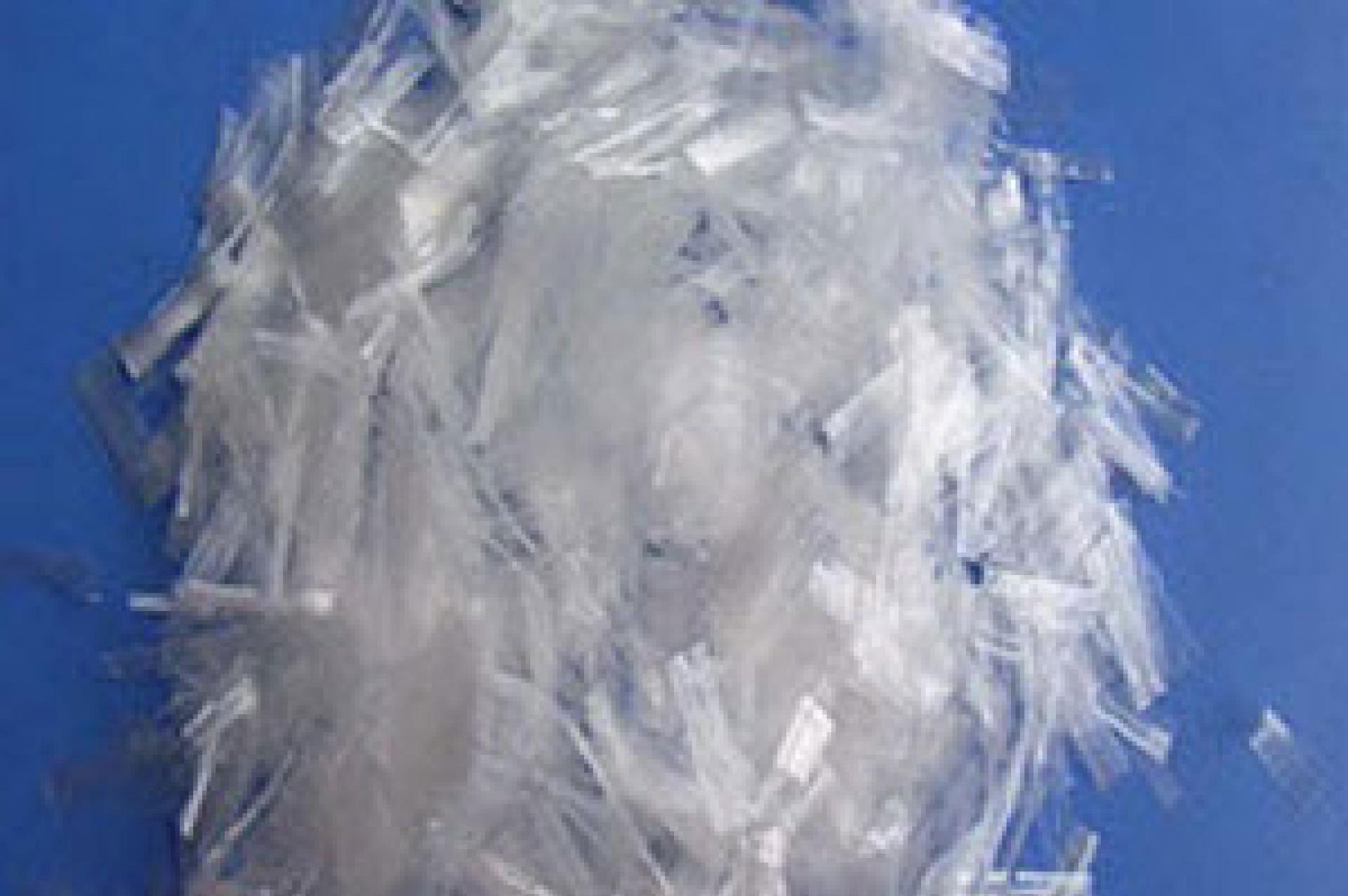
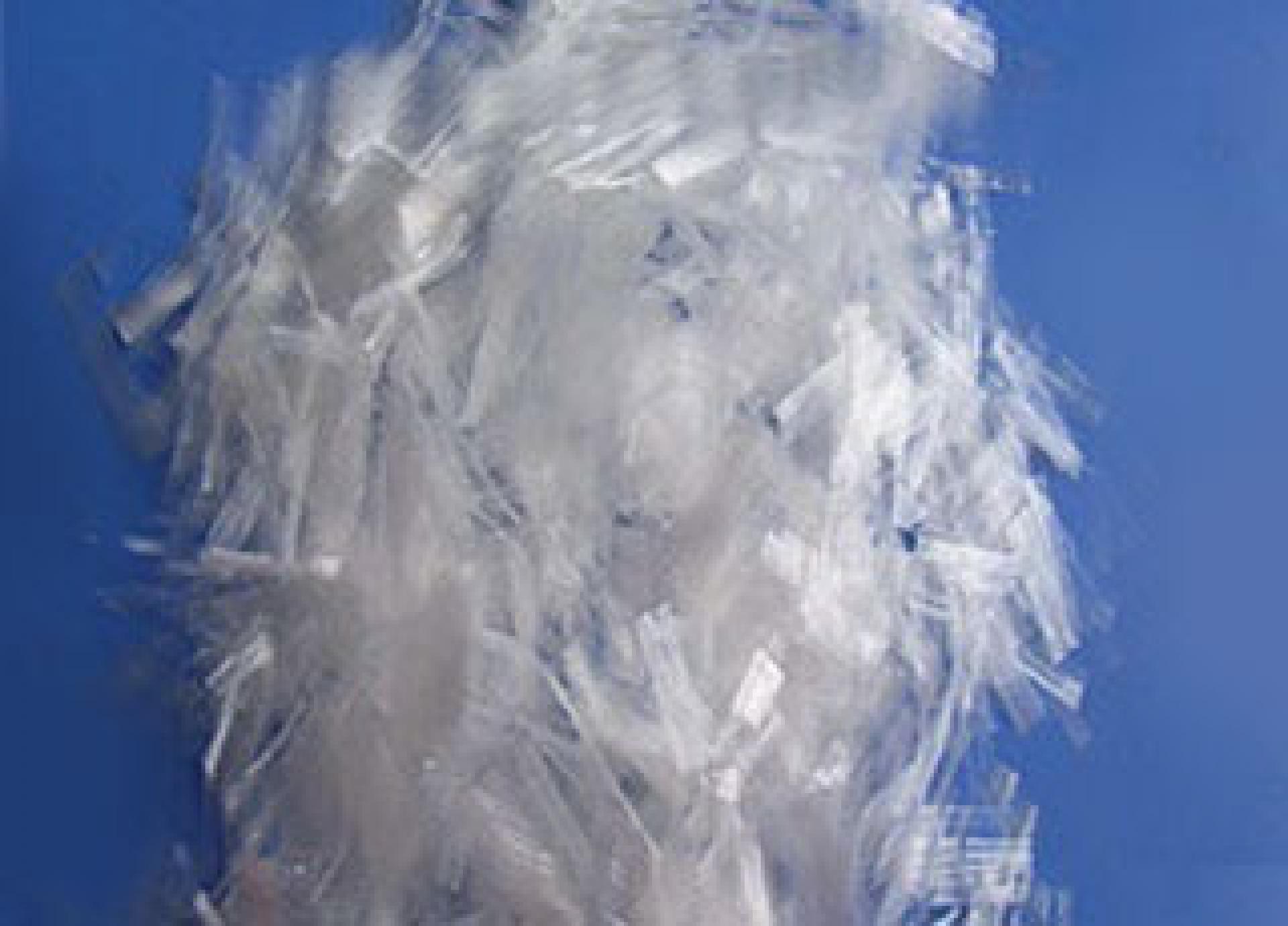
Polypropylene (monofilament)
Typically used to reduce the instances of plastic cracking and to increase toughness in the concrete.
Not recommended as a replacement for traditional shrinkage control reinforcement.
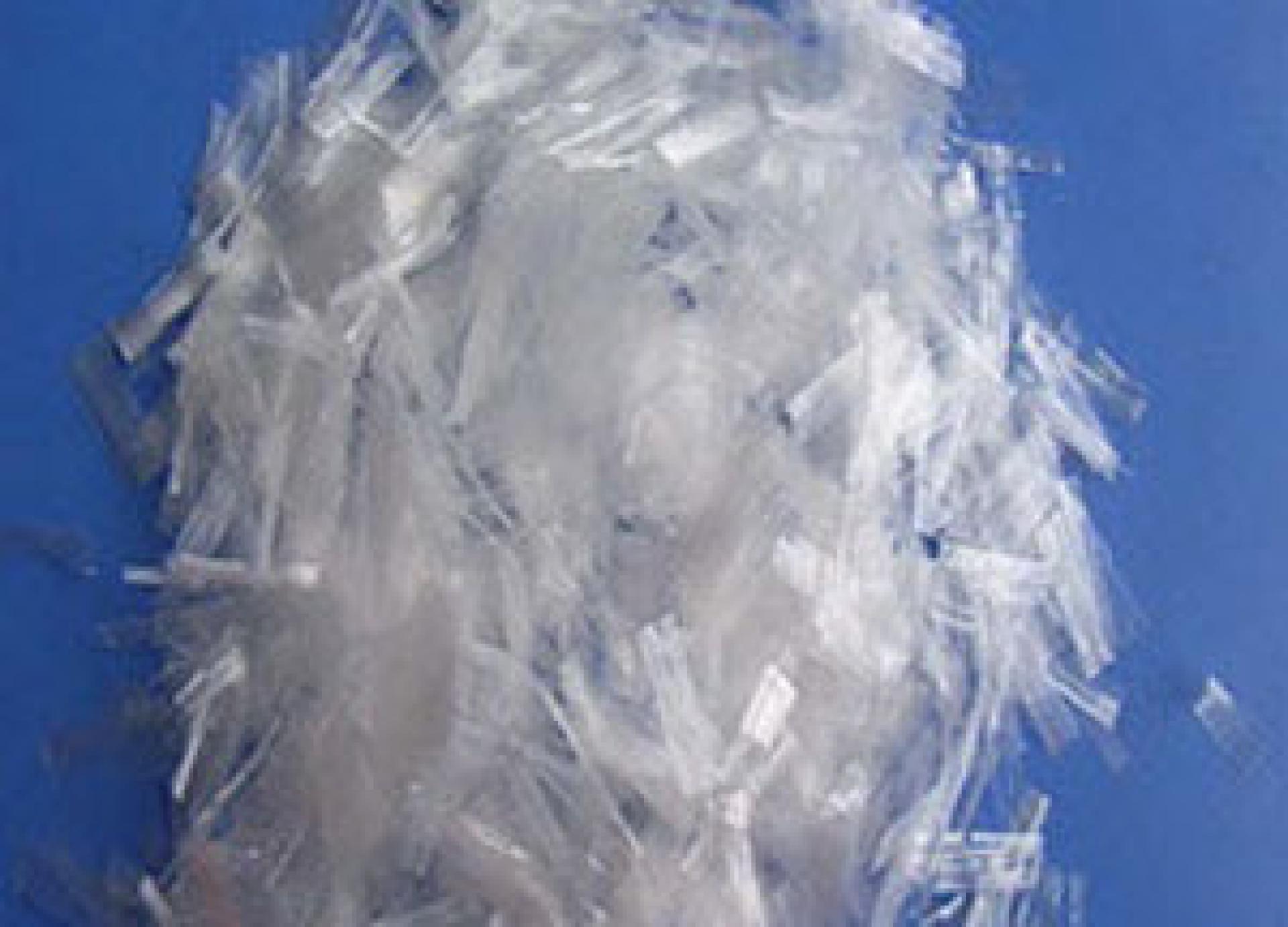
Polypropylene (fibrilated)
Typically used to reduce the instances of plastic cracking and to increase toughness in the concrete.
Can be used as a replacement for traditional shrinkage control reinforcement in light applications.
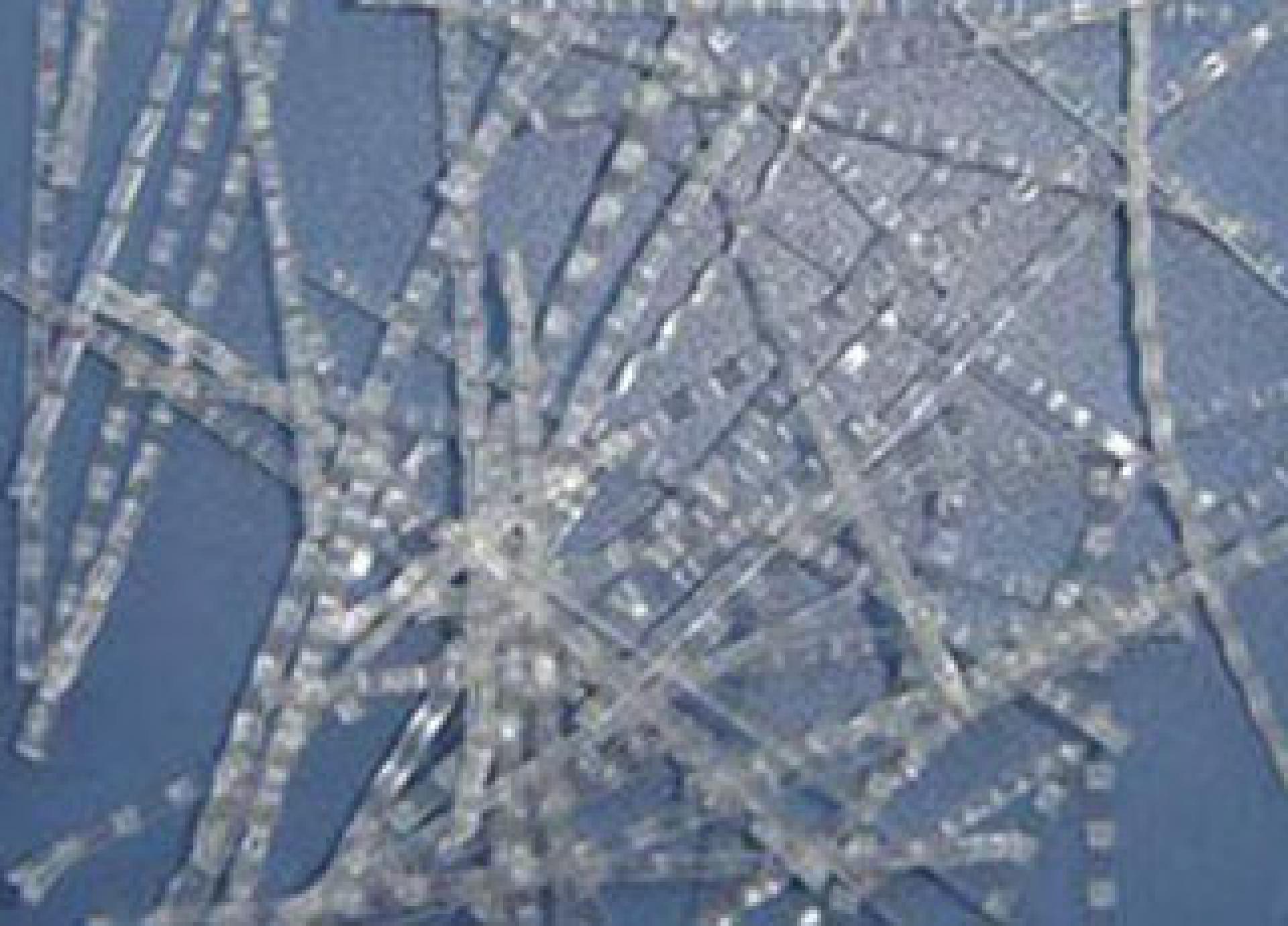
High Performance Polypropylene (HPP)
Typically used as an alternative to traditional pavement reinforcement,
increases flexural strength and toughness of the concrete.
This fibre is non corrosive (wont rust).
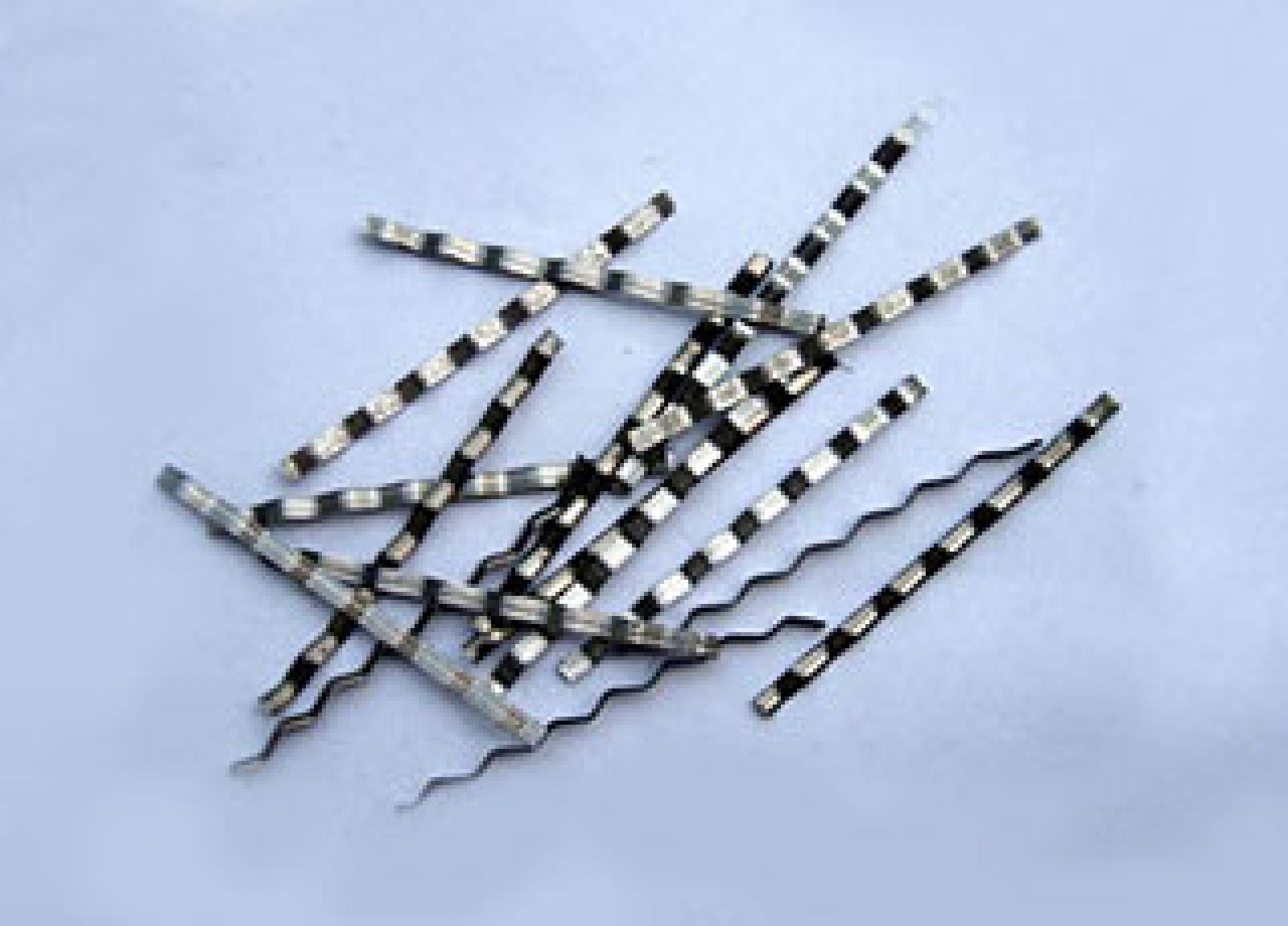
Steel Fibre
Typically used as an alternative to traditional pavement reinforcement, increases flexural strength and toughness of the concrete.
The highly alkaline properties of concrete protect the steel fibers from corroding.
In a correctly placed and finished slab.
The fibres will not protrude from the slab surface as the concrete wears,
they will wear evenly with the concrete.
Typical Fibre reinforced concrete advantages
There are many advantages to fibre reinforcement when compared to traditional mesh reinforcement including;
Evenly Distributed
Fibre will be evenly distributed throughout the concrete.
Mesh (for crack control) should be positioned one third down from the top of the slab but often actually ends up to low (as concrete workers stand on the mesh) as there are typically insufficient bar chairs to maintain the mesh in position. Mesh is also often not tied together.
Faster Construction Time
No time spent setting out mesh, tying sheets together, no time spent placing mesh on bar chairs. Generally saving some material costs but a lot of labour costs.
Additional Performance
Fibres often offer additional performance such as increased tensile strength, increased toughness and increased abrasion resistance.
Protection
Protection against plastic shrinkage cracking in the early stages of finishing (and soon after before curing can commence)







